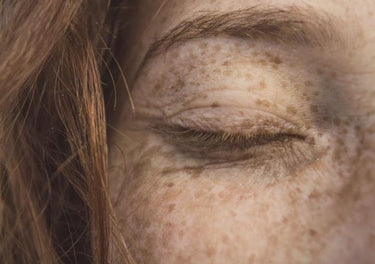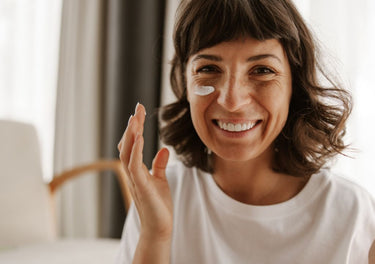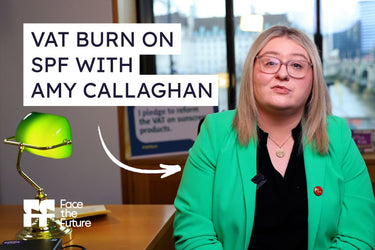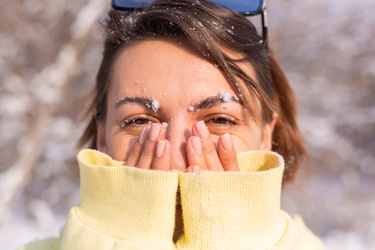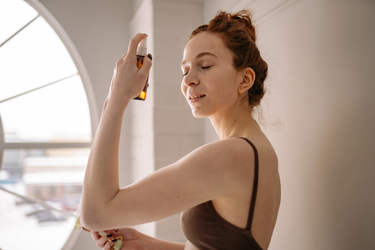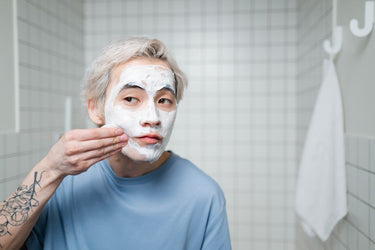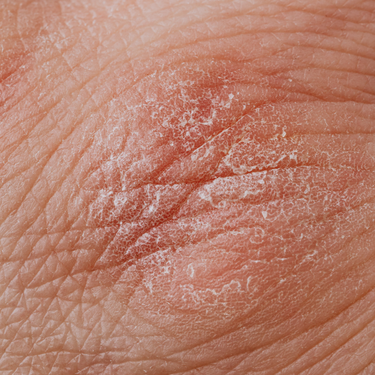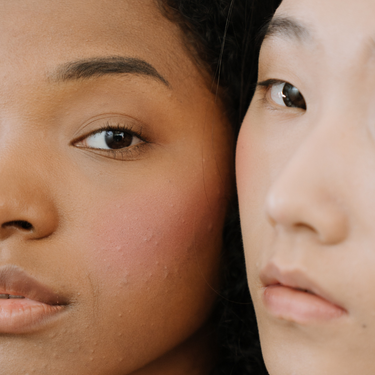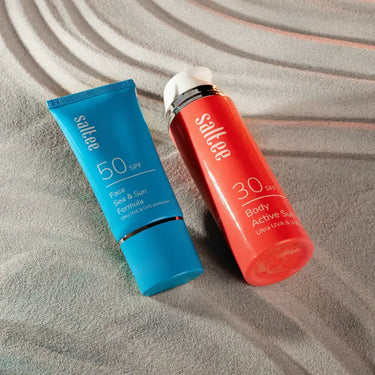How Does Sugar Affect Skin?
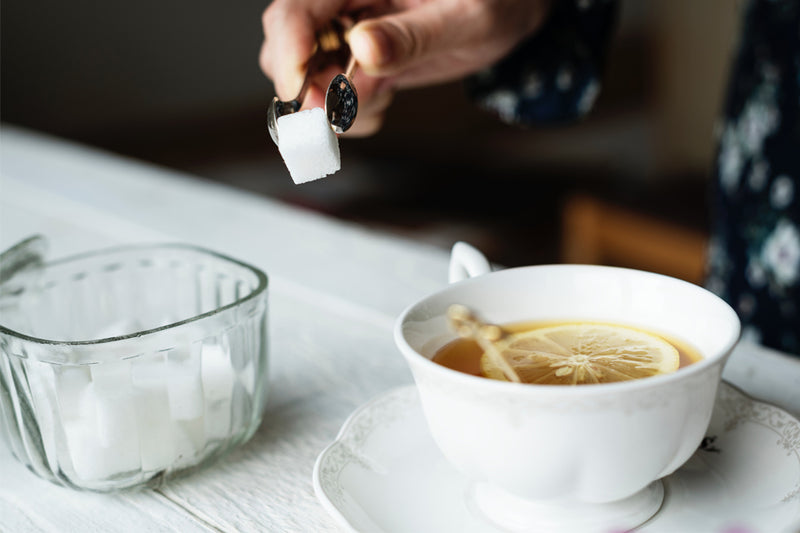
I am yet to go a year without making a New Years resolution aimed at boosting my health. Last year was a total ban on alcohol, the year before I gave up my couch potato habit and this year the sweet stuff is taking the hit
We all know the negative effect that sugar has on the body. The obesity academic and rising number of patients diagnosed with diabetes is enough to show us the impact our bad habits can have on our health. But how much is it affecting our skin? Most people know that a chocolate binge might result in a few pimples the morning after, but dig a little deeper underneath the surface and a regular high sugar diet could result in longer-term damage - far more than just a mini breakout.Sugar vs. skin
Sugar has two major effects on skin - it activates inflammation and binds to collagen to make skin's supporting network stiff. Processed sugar is too much for our body to naturally breakdown and can eventually cause long-term damage due to chronic inflammation. If we take a look at skin conditions with inflammatory traits such as rosacea and acne, it becomes clear how much inflammation can affect the way our skin functions, looks and feels.The saying “you are what you eat has floated amongst our clinical vocabulary since day one and the impact of certain food groups is widely reported. I have many patients who follow a no carb rule in a bid to slim down the facial fats. The latest I heard was “sushi swell, an apparent swollen aftermath post-sushi due to the high sodium levels. However, now it seems we are finally waking up and recognising the sweet stuff has to go.What is Glycation?
Let me introduce you to Glycation. Glycation is the process of collagen breaking down caused by sugar. Yes that's right, collagen, our ally in the fight against ageing, the one thing we are craving more of and desperately trying to save.When our body is on a sugar high it causes signals within the skin to malfunction and become delirious. This prevents the amino acids and proteins in the skin from forming new collagen and elastin.Sugar consumption can also exacerbate hormonal issues. Many patients suffer with hormone imbalances or irregularities; often-increased testosterone levels can be found in acne prone and oily skin types. Sugar also triggers extra testosterone production, which is not good for any skin type, especially if the ratio is already out of sync.How to reduce sugar intake
So how exactly can we reduce our sugar intake? Unfortunately it's not as simple as cutting out the weekend treats. If we are going to take control of our skin, we need to focus on every food group.The glycaemic index (GI) is a rating system for foods containing carbohydrates. It shows how quickly each food affects your blood sugar (glucose) level when that food is eaten on it's own. Sugar not only lurks within the obvious chocolate and sweetie packets, but it also hides in amongst many processed foods. Some fruits and vegetables also rank high on the GI but are a little less offensive.Not all high GI foods are unhealthy, for example watermelon and parsnips are high in GI, but we know these foods also have a variety of health benefits that should be included in a balanced diet.It's all about making sensible choices, preparing food and eating naturally sourced ingredients. Think about a potato for example, a boiled new potato looks very similar (minus the mud) to how they are found in the ground, in comparison to crisps, which have to go through several processes from the soil before they make it to the packet.So before you pick up that biscuit, ask yourself "is the double chocolate chip really worth the toxic effect on my youth?" The answer is probably no!
For more health and skincare advice, book a free consultation with our skincare experts. Call 0113 282 3300 or book online.
Written for you by: Emily, Face the Future
Image source: unsplash.com







